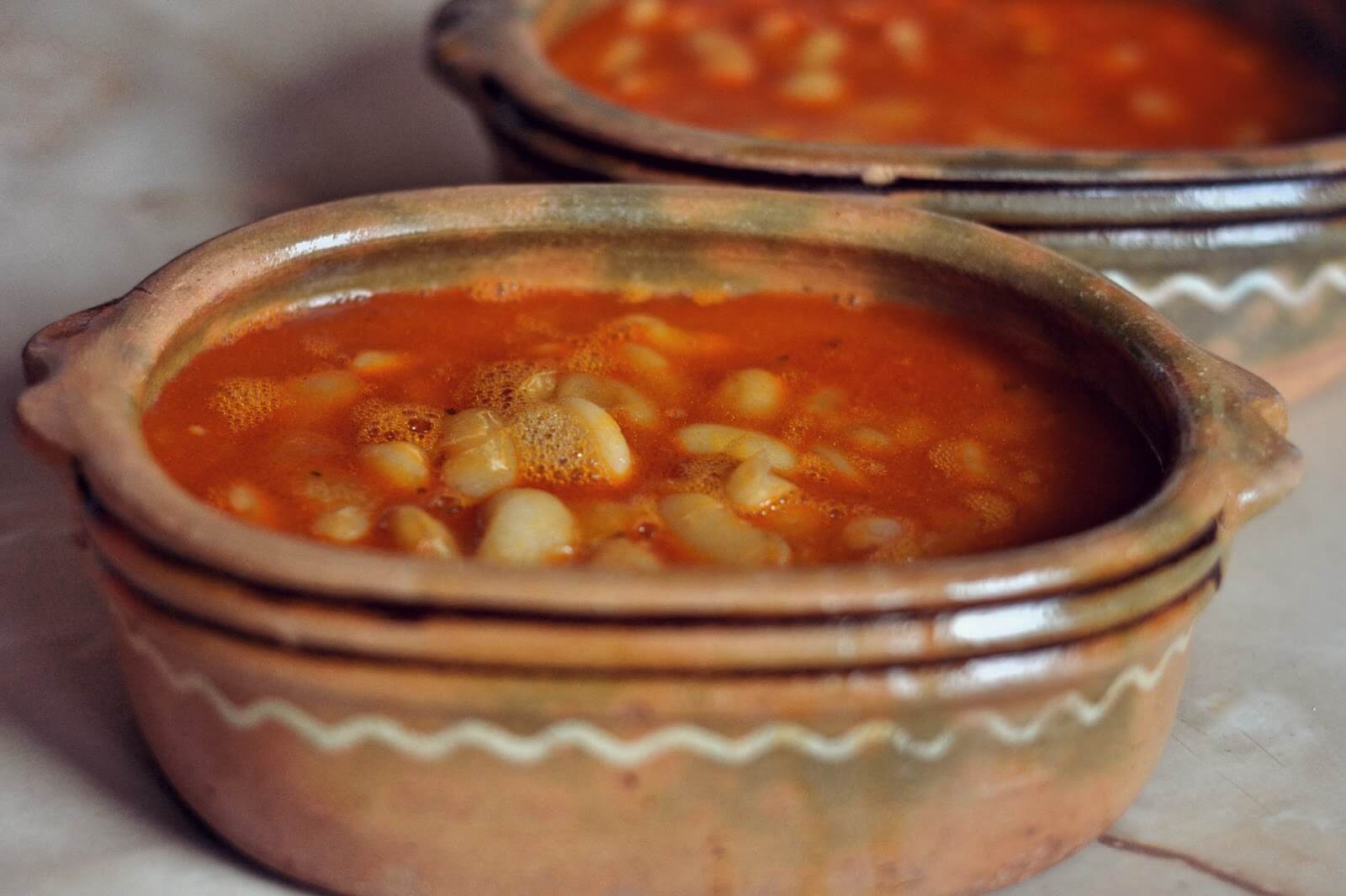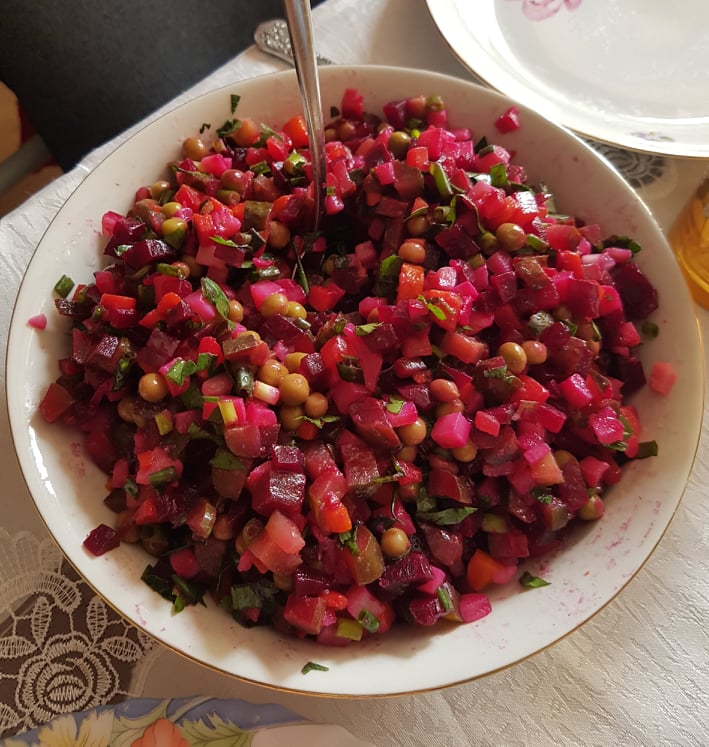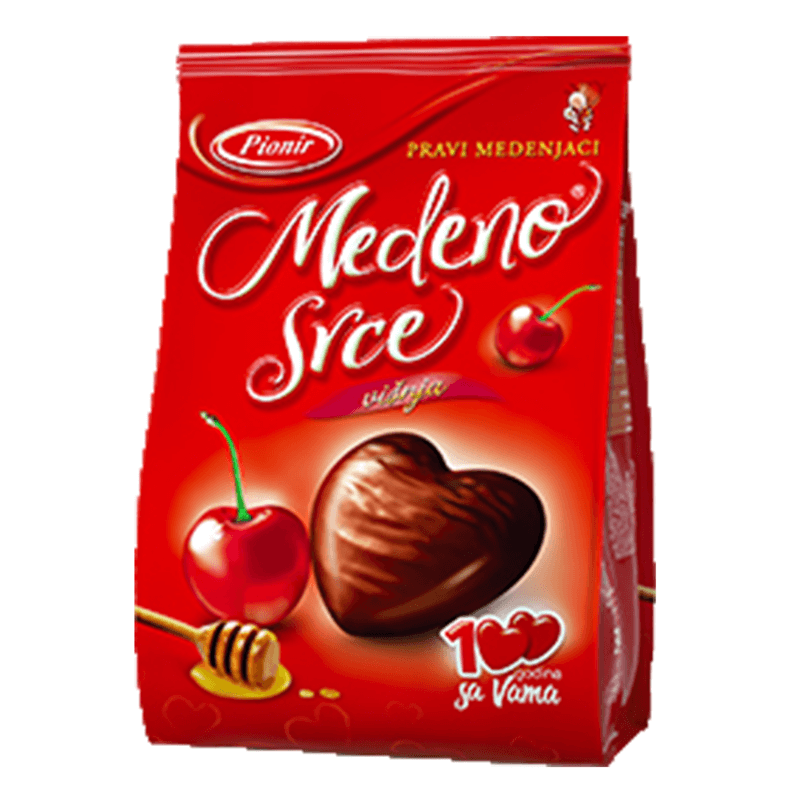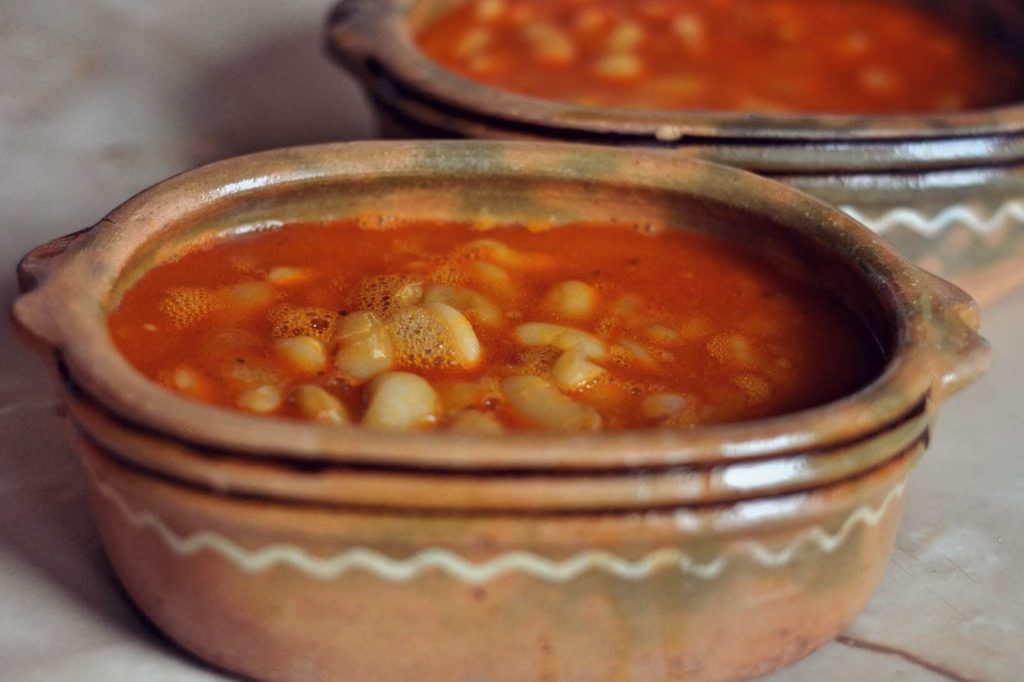February 11, 2019 – Yugoslavia may be no more, but some bonds remain – the cult of moving vegetables, for instance.
I don’t think I have ever lived in a country where people talk about food as much as they do in Croatia. With that close bond to the land, in a country where many people produce some of their own food, wine, olive oil and (how could we not mention) rakija, this is perhaps not surprising.
As a Manchester city boy, I find all this quite lovely, and I love the thought of popping out into the garden to pick a salad for lunch or (even better) plucking a lemon straight from the tree to add a little something to the evening gin and tonic. My father-in-law, pictured above, is an absolute legend when it comes to what his little plot of land can produce, even if the results can look terrifying, as in the picture above. Real men eat blitva.

It was only after a few years of living here that I noticed something about my travels. I was always moving vegetables. A trip to Zagreb would include 20 kg of cabbage, as well as the customary oil and wine. Somewhat strangely, 6 months later, I found myself en route to Hvar from Zagreb with 20 kg of cabbage from my brother-in-law to my father-in-law. I was beginning to think there was some kind of moving vegetables obsession.
The more I travelled throughout the region, the more I found myself moving vegetables and other foodstuffs. Meat was always bought in Bosnia, especially before they introduced VAT a few years ago, and even more especially when the border guards politely informed me that I could only import 1 kg at a time, not the 20 kg I had with me. I could not return from Belgrade without at least 10 kg of paprika.
From Hvar to Belgrade and the aromatic smell of lemons or mandarins, depending on the season. I always seem to end up with 20 kg of my father-in-law’s potatoes as well, which caused much confusion at the border between Republika Srpska and Serbia.
“Why are you bringing potatoes into Serbia? Do you English think we have no potatoes or something?”
“My punac (father-in-law) grows the best potatoes.” I was ordered to open the van to let him inspect the potatoes, and he helped himself to a couple to try at home.
“Ok,” he said, “but there is just one thing. We don’t say ‘punac’ for father-in-law, it is ‘tast.’
The inspiration from this article came from my flying visit to Jelsa this weekend. The Macedonian cafe owner of my previous local bar on the square was pleased to see me and we had a good catch up. Upon leaving, he handed me a bag – some kremsnitt cakes and a bag of white beans. Macedonian beans. It has become an annual tradition that he gifts my father-in-law these Macedonian beans each year as he returns from a holiday at home, and my punac in turn sends blitva and manderins downtown. The look of joy when my punac saw the white Macedonian beans the first time was one I will never forget. Memories of a former era.

And even though it is almost 30 years since Croatia separated from Yugoslavia, there are other childhood memories which live on today. Two firm favourites from Serbia, for example, are Plasma biscuits and Medeno Srce (honey hearts chocolates).
These associations seemingly only exist in people of a certain age, for obvious reasons. Talking to Croatian friends in their early 30s yesterday, none of them had this kind of association, having lived all but their very earliest years in independent Croatia.
So while Yugoslavia is dead, its memory lingers on in certain ways, and the culture of moving vegetables is likely to continue, for another generation at least.












